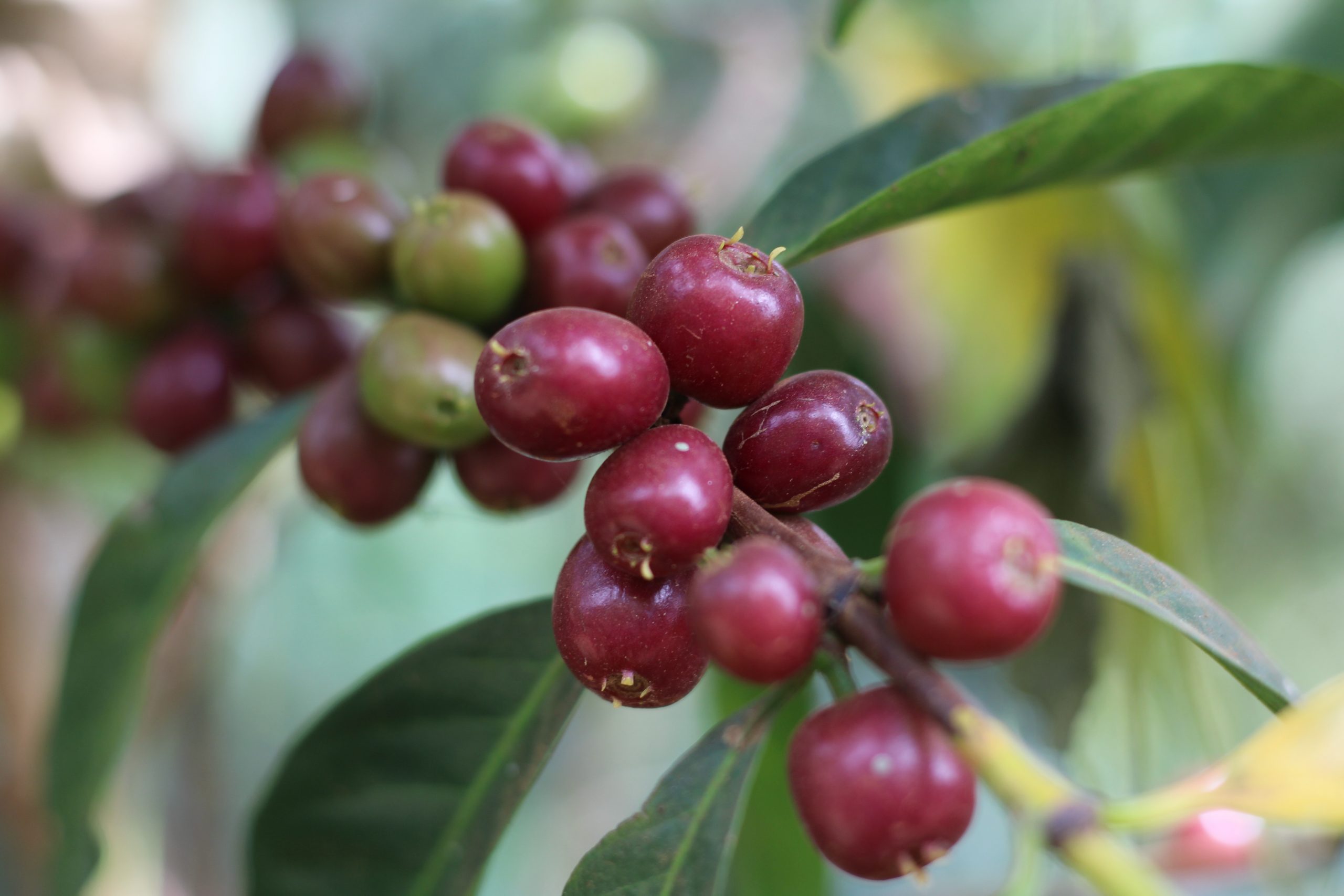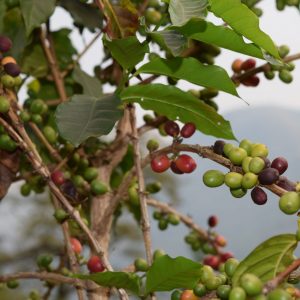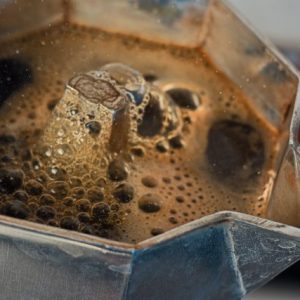Description
The Decaf Process
Ethyl Acetate decaffeination – commonly called ‘sugarcane’ method – By combining high mountain spring water and Ethyl Acetate (EA), a naturally occurring compound derived from sugarcane, the caffeine is removed from coffee beans. This method is considered a “natural” decaffeination process because ethyl acetate is a naturally occurring ester found in fruits, vegetables, and other food and beverages.
EA together with spring water, are the only elements which comes into contact with the coffee during this process.
Here’s a more detailed breakdown of the process:
1. Preparation:
Green coffee beans are first steamed at low pressure to open their pores and remove any silver skin.
2. Moistening:
The beans are then moistened with water to soften them and initiate the hydrolysis of caffeine, which is bonded to salts and chlorogenic acid in the bean.
3. Extraction:
Ethyl acetate, derived from the fermentation of sugarcane molasses, is then used to wash the beans multiple times. The EA bonds with the caffeine and pulls it out of the bean.
4. Removal:
Any remaining traces of ethyl acetate are removed by steaming the beans with low pressure saturated steam.
5. Drying:
The beans are then dried to a specific moisture content, typically between 10-12%






Reviews
There are no reviews yet.